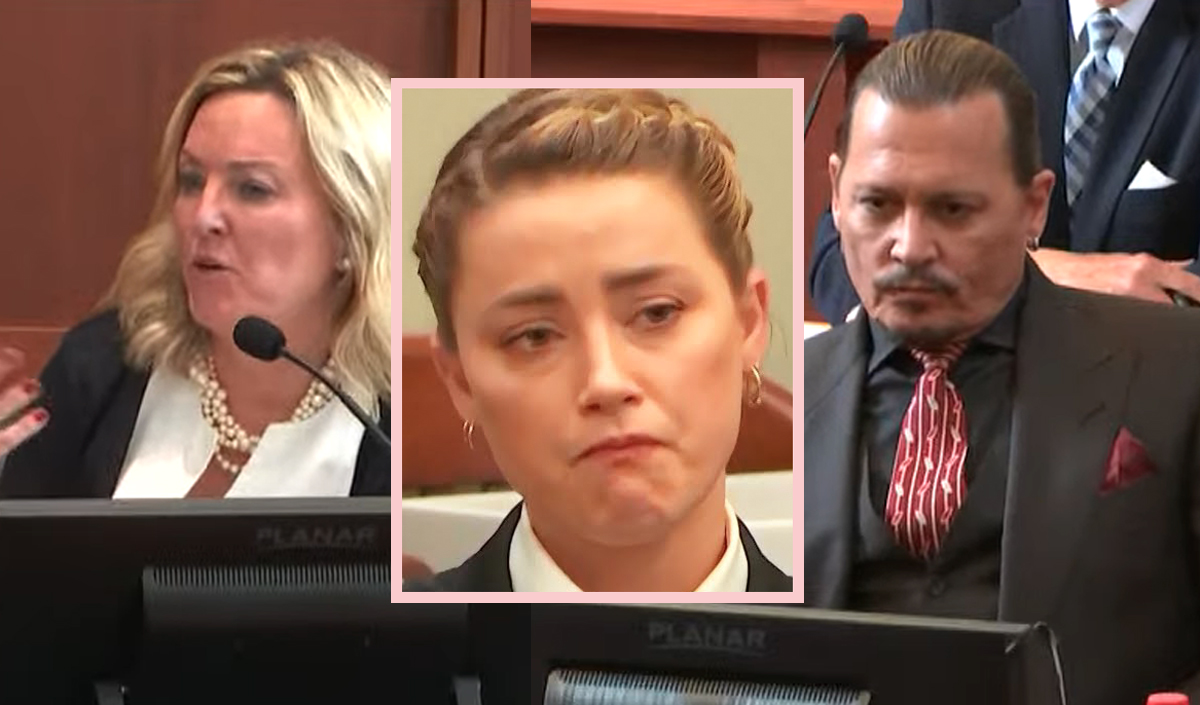#‘Run Rabbit Run’ Review: Sarah Snook in a Maternal Horror Flick Whose Shivers Are Only Skin-Deep

Table of Contents
‘Run Rabbit Run’ Review: Sarah Snook in a Maternal Horror Flick Whose Shivers Are Only Skin-Deep
Following in the footsteps of The Babadook and Hereditary, Run Rabbit Run adds a layer of generational analysis to horror depictions of motherhood. Though mothers have always been at the center of horror stories, the focus of the narrative has recently shifted. Filmmakers have become more interested in the question of what the existence of a child reveals about the mother, rather than the more primal parental fears. These stories often speak to the millennial desire to not reproduce, either due to the state of the world or more pointedly, the fear of “messing up” a child with neuroses and generational trauma. It would be ahistorical to say that horror only just began tackling trauma. The genre has always explored and provided commentary on the nature of trauma. But as the very concept of “trauma” becomes more popular, the allusions to it in genre cinema have become more literal.
In the Australian psychological thriller Run Rabbit Run, parenthood is a bleak, isolated nightmare. The sky is downcast, the rooms of the house are dark and filled with shadows, and Sarah (Sarah Snook) looks lonely, even with her young daughter Mia (Lily LaTorre). It’s Mia’s birthday, but the mood is somber. Mia is withdrawn and Sarah is quick to anger. The presence of her ex-husband Peter (David Herriman) and his new family only seems to worsen matters, as Sarah learns that they are trying for another child. Worse still, Mia begins to show signs of being bullied, which makes Sarah feel helpless. With a busy work schedule and nonexistent personal life, Sarah spends all her free time worrying about her daughter.
Run Rabbit Run
The Bottom Line
Remains frustratingly on the surface.
Venue: Sundance (Midnight)
Cast: Sarah Snook, Lily LaTorre, Damon Herriman, Greta Scacchi, Trevor Jamieson
Director: Daina Reid
Writer: Hannah Kent
1 hour 39 minutes
Ever since her birthday, Mia has begun acting strangely. In certain moments her speech becomes more mature and she seems to be aware of her mother’s secrets. “You’re a terrible person,” she yells at Sarah during a heated argument, never clarifying what she means by that. Acting as her mother’s guilty conscience, Mia alludes to a past event Sarah doesn’t want to remember. Slowly, her life becomes a waking nightmare as her relationship with Mia starts to deteriorate. Mia stops referring to Sarah as her mother, treating her like a stranger. Things come to a boil when Sarah takes Mia to her childhood home, hoping it will provide clarity for the situation. Soon it becomes clear that conflict between mother and daughter goes deeper than either one realizes.
Moody and atmospheric, Run Rabbit Run easily builds tension and dread. And yet, it keeps hinting at depth that never comes. Director Daina Reid takes us through all the similar motions–hallucinations, mysterious injuries, bursts of violence in the most generic way possible. Even the symbolic white rabbit that appears throughout the film inspires neither interest nor dread.
But the most frustrating thing about Run Rabbit Run is its minimalist approach to presenting Sarah and her frustrations. We never get inside her head because the film is more interested in withholding from us than telling a full, compelling story. Scenes with family members that should fill out the narrative with rich backstory are repetitive and vague, providing no insight into why Sarah is so isolated and volatile in the first place.
Sarah’s friends and family aren’t helpful, in part because she doesn’t have the language to tell them what’s going on. But there’s also an edge to Sarah, one that can’t easily be explained away by fatigue. Snook plays her as if she were a child trapped in an adult’s body — defensive, easily overwhelmed and prone to tantrums. Moments between mother and daughter quickly devolve into circular arguments. And yet, LaTorre shows promise as Mia, in a precocious performance in need of a better film. Writer Hannah Kent’s script is too minimalist to provide memorable lines of dialogue for the young actress.
Ultimately, the film feels like a missed opportunity to explore the ways childhood never really leaves us, and how having children can force a mother to question who she really is. There are moments when it feels like Sarah doesn’t feel fit to be a mother at all. If only Run Rabbit Run wasn’t so afraid to dig deeper.
Full credits
Venue: Sundance (Midnight)
Production company: Carver Films
Cast: Sarah Snook, Lily LaTorre, Damon Herriman, Greta Scacchi, Trevor Jamieson
Director: Daina Reid
Writer: Hannah Kent
Producers: Sarah Shaw, Anna McLeish
Executive producers: Nate Bolotin, Maxime Cottray, Nick Spicer, Aram Tertzakian, Deanne Weir, Olivia Humphrey, Jack Christian, D.J. McPherson, Daina Reid, Sarah Snook
Director of photography: Bonnie Elliott
Editor: Nick Meyers
Production designer: Vanesse Cerne
Supervising Sound Editor: Robert Mackenzie
Costume designer: Marion Boyce
Casting: Allison Meadows
1 hour 39 minutes
If you liked the article, do not forget to share it with your friends. Follow us on Google News too, click on the star and choose us from your favorites.
For forums sites go to Forum.BuradaBiliyorum.Com
If you want to read more Like this articles, you can visit our Social Media category.




